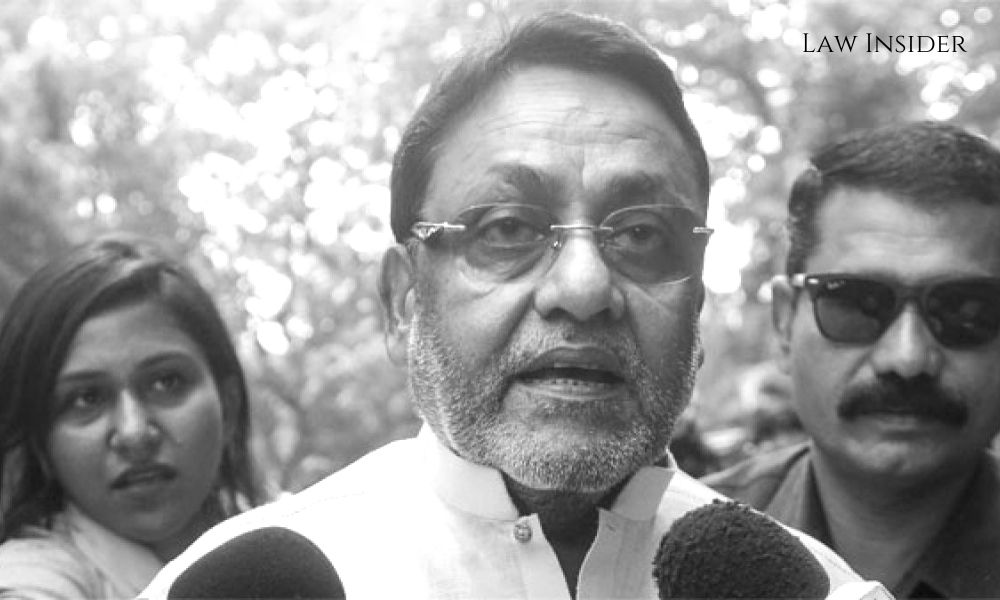Khushi Doshi
Published on: March 8, 2022 at 11:45 IST
The Enforcement Directorate (ED) has requested that Maharashtra Cabinet Minister Nawab Malik’s Habeas Corpus Petition be dismissed to refute allegations of Illegal Detention.
In its response, the agency stated, “Dismiss this Writ Petition because it is not only unconstitutional but also a stalling tactic used by Malik to derail the investigation. As a result, the case must be dismissed in limine at the outset.”
According to the response, Nawab Malik attempted to combine multiple purported causes of action in his Plea to challenge the Investigating Agency’s Arrest, Remand, and Custody.
According to Enforcement Directorate Assistant Director Niraj Kumar’s 13-page reply, Malik’s Petition seeks to combine three distinct purported causes of action — Habeas Corpus, Curbing, and Release/Bail, which is a Clear Misjoinder of Causes of Action.
According to the response, Habeas Corpus is not maintainable because Malik’s Arrest was in accordance with the Prevention of Money Laundering Act (PMLA), and the subsequent remand of Custody is Valid.
On February 23, the Enforcement Directorate arrested Nawab Malik on allegations that he had purchased a property for Rs. 20 lakhs.
The Enforcement Directorate also claimed, based on an eyewitness statement, that it was a matter of record that 15 lakh was paid by cheque to Salim Patel (Parkar’s Driver) and 5 lakh was paid to Sardar Khan (Associate of D-gang and convict in 1993 Bomb Blast Case).
Malik is currently in Judicial Custody, and his Plea, argued by Senior Advocate Amit Desai, stated that his Political Opponents had been “Deeply Embarrassed” by his exposes.
He went on to say that his Arrest was a “Brazen and completely Illegal Action” by the Enforcement Directorate to keep him quiet.
The Bench of Justices PB Varale and SM Modak will next hear the Plea on Tuesday.
Also read:
Money Laundering and Related Laws in India
What is the Fundamental Right to get Legal Remedy?
What are the different types of Writs?

